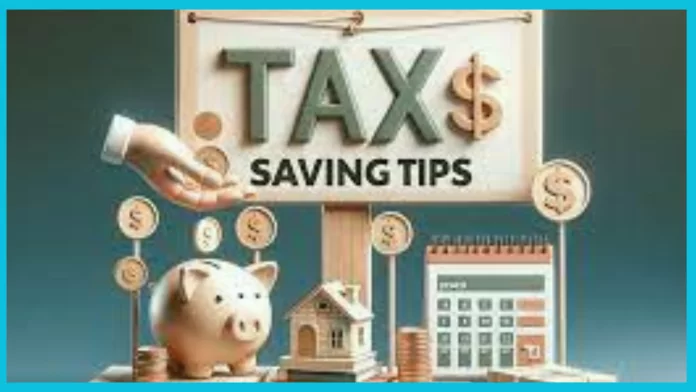
Income Tax Saving Scheme: Generally, tax benefit is not available on fixed deposits. The reason for this is that the interest you earn from fixed deposits is added to your annual income. In such a situation, if your income comes under the ambit of tax, then you have to pay tax as per the slab.
The financial year 2023-24 is about to end and only a few days are left to save tax this year. If you want to save this year, then you will have to invest before March 31, because the new financial year 2024-25 will start from April 1, 2024. The popular fixed deposit scheme of the bank can be useful in saving tax. But for this you will have to invest in 5 year FD. By investing in this scheme you can save Rs 1.5 lakh in your total taxable income.
Generally, tax benefit is not available on fixed deposits. The reason for this is that the interest you earn from fixed deposits is added to your annual income. In such a situation, if your income comes under the ambit of tax, then you have to pay tax as per the slab. But tax can be saved by investing in a 5 year FD scheme.
This scheme is available in all banks and post offices.
5 year FD is known as tax saving FD. In this you get the benefit of Section 80C of the Income Tax Act. Under Section 80C, you can claim a deduction of Rs 1.5 lakh in the total taxable income.
The option of 5 year tax saving FD is available in all banks. Besides, you will easily get this option in the post office also. However, its interest rate may vary in different banks and post offices. In such a situation, you can invest in FD where you are getting better interest.
Disadvantages of breaking the FD scheme before 5 years: It
is your loss to break the five year FD scheme before maturity. By doing this you will not get tax benefit and will also have to pay penalty. If you break the FD before maturity, then in the year in which the FD is broken, the entire amount on which you have availed the benefit of income tax exemption will be added to your income. Apart from this, interest is also added to your income. After this, you will have to pay tax according to the income tax slab you fall in.












